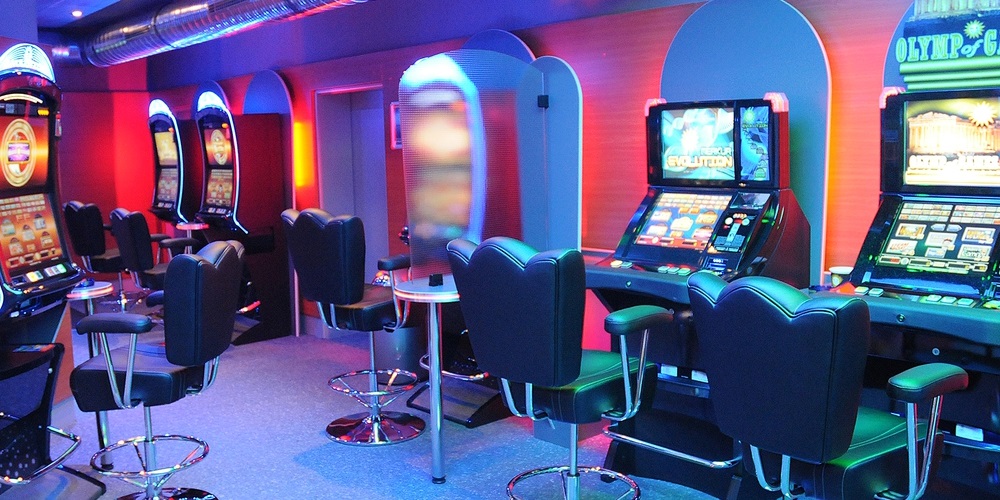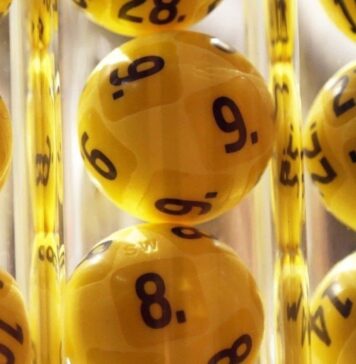The entertainment machine sector requires an intervention that makes the product more attractive and above all more profitable. This is revealed by a study conducted by a Berlin research institute.
In fact, since 1993 the limits on winnings and bets on slots with limited winnings have remained unchanged. The average hourly loss allowed on a gaming machine has also been reduced, with a 2014 rule, from 33 euros to 20 euros. From the consumer's point of view, economic developments, such as general wage trends and the price level, have gradually devalued these product features over the past thirty years, making legal offers less competitive than illegal ones.
In 1993 players had to work an average of about three hours for an hour of play, in 2022 that figure dropped to less than one hour. When you compare this development to the price of a lottery ticket, it becomes clear how the slot machine industry has been left behind by the general trend in prices and the adjustments that have been made in other sectors of the game. Since 1993, a bet on gaming machines cost a maximum of 40 cents. The price per lottery ticket, on the other hand, increased between 1993 and 2022 by around 87,5% from 1,25 marks, i.e. around 64 cents, to 1,20 euros. Adjusted for purchasing power, playing the lottery in 2022 cost about 11% more than it did in 1993. For playing slot machines, however, the real price in 2022 was 40% lower than in 1993 .
Inflation, which has skyrocketed since 2022, has accelerated this development. In addition to the devaluation of the slot machine product, rising inflation has led to a significant increase in operating costs for businesses, especially energy prices. Electricity prices were more than 100% higher last year than in 2021. Although there has been a slight decline since the beginning of 2023, they remained at a high level until April 2023 with an average of 28,37 cents per kWh. Costs for heating oil and natural gas have also increased at an above-average rate. At the same time, high inflation – 7,9% in 2022 alone – is impacting payroll costs in the slot machine industry. Employees are demanding higher wages to offset the rising cost of living.
Rising consumer prices are also affecting gambler behavior because they simply have less money available for gambling. The attractiveness of the product has diminished. If the providers also do not have the freedom to adapt, there is a risk that a part of the players will replace the gaming machines with alternative offers. A study of the illegal gambling market by experts in the field of counseling for people with gambling disorders indicates that some players have already switched to illegal offers. This trend is also reflected in police crime statistics, which have shown a dramatic increase in illegal gambling offenses in recent years. While the number of illegal gambling cases remained broadly constant at 1.861 in 2022, between 2020 and 2021 there was an increase in crimes of 150,3% (2020: 762 cases). Illegal gambling offenses also multiplied in 2022 from pre-pandemic levels. In 2019, 947 cases were recorded, in 2016 and 2017 there were 555 and 504.
An example of how to counter this trend can be found in the recent past. Since 2006, with the fifth amendment to the Gaming Act, the demand for illegal gaming has largely been redirected to legal gaming machines. Since 2012, however, the scope of vending machine providers has been limited again by various regulations at federal and state level. A surge of illegal gambling can therefore be observed in this time frame. Support system experts for people with gaming disorders relate this development to the reduction in the number of gaming devices allowed.
Economic considerations suggest that the regulation of gaming machines should not be viewed independently of their legal and illegal substitutes. The legislator can ensure that the providers can only fulfill the funnel goal for legal gaming standardized in the State Gaming Treaty if all essential factors are taken into account. In order to strengthen the channeling effect of the legal offer, in the modernization of the regulation of gaming machines it is necessary to take full account of the limited room for maneuver left to the machine industry and of the continuously and dynamically changing economic framework conditions.












